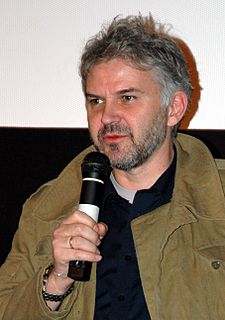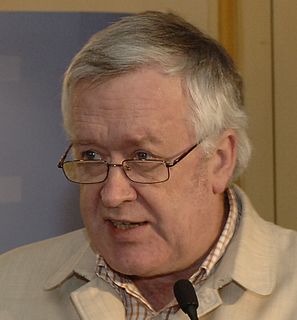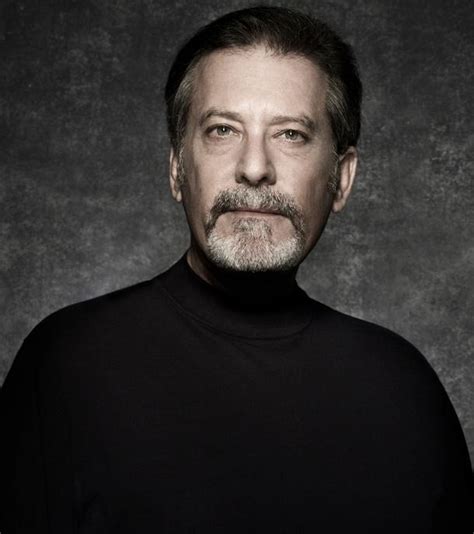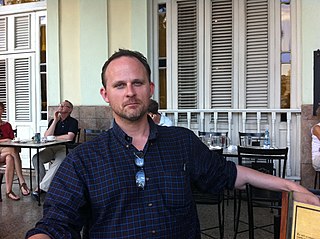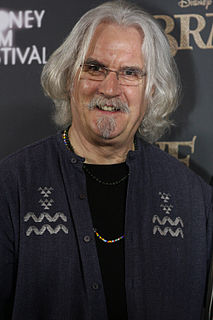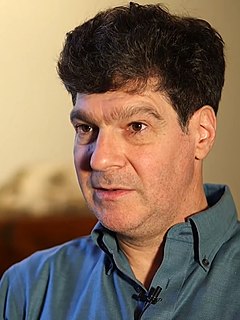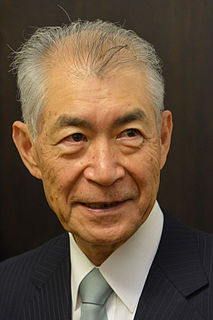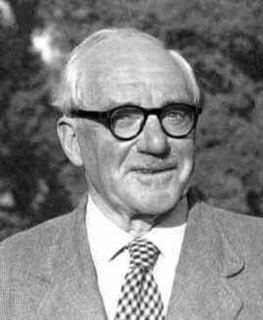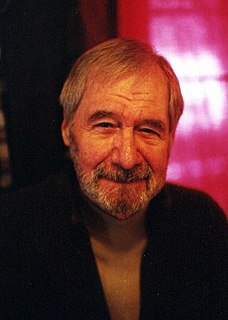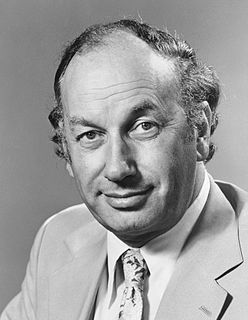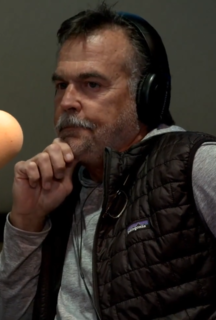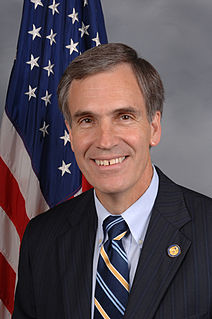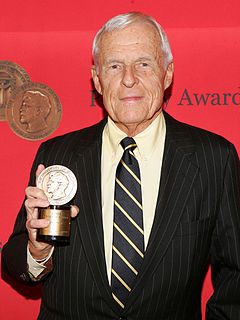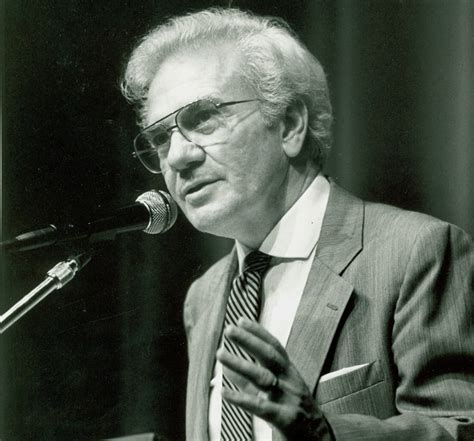Top 1200 Research Quotes & Sayings - Page 3
Explore popular Research quotes.
Last updated on April 17, 2025.
I would ask, "How can one have a technological society without research? How can one have research without researching dangerous areas? How can one research dangerous areas without uncovering dangerous information? How can you uncover dangerous information without it falling into the hands of insane people who will sooner or later destroy the human race, if not the whole of life on earth?" Who knows? God only knows!
America needs the best education system in the world. We have it in higher education. We do not have it in general education for all of our people - the K-12 education. Other nations are far, far outdoing the United States in that area. We still have the lead in research, but once again, other nations are pouring more into research also. We still have a lead, but to me it's just very, very important that we keep that lead in basic research.
I think it's a very valuable thing for a doctor to learn how to do research, to learn how to approach research, something there isn't time to teach them in medical school. They don't really learn how to approach a problem, and yet diagnosis is a problem; and I think that year spent in research is extremely valuable to them.
Rather, the master question from which the mission of education research is derived: What should be taught to whom, and with what pedagogical object in mind? That master question is threefold: what, to whom, and how? Education research, under such a dispensation, becomes an adjunct of educational planning and design. It becomes design research in the sense that it explores possible ways in which educational objectives can be formulated and carried out in the light of cultural objectives and values in the broad.
Scientific research is based on the idea that everything that takes place is determined by laws of Nature, and therefore this holds for the action of people. For this reason, a research scientist will hardly be inclined to believe that events could be influenced by a prayer, i.e. by a wish addressed to a Supernatural Being.
The great scientific achievements are research programmes which can be evaluated in terms of progressive and degenerative problemshifts; and scientific revolutions consist of one research programme superceding (overtaking in progress) another. This methodology offers a new rational reconstruction of science.
